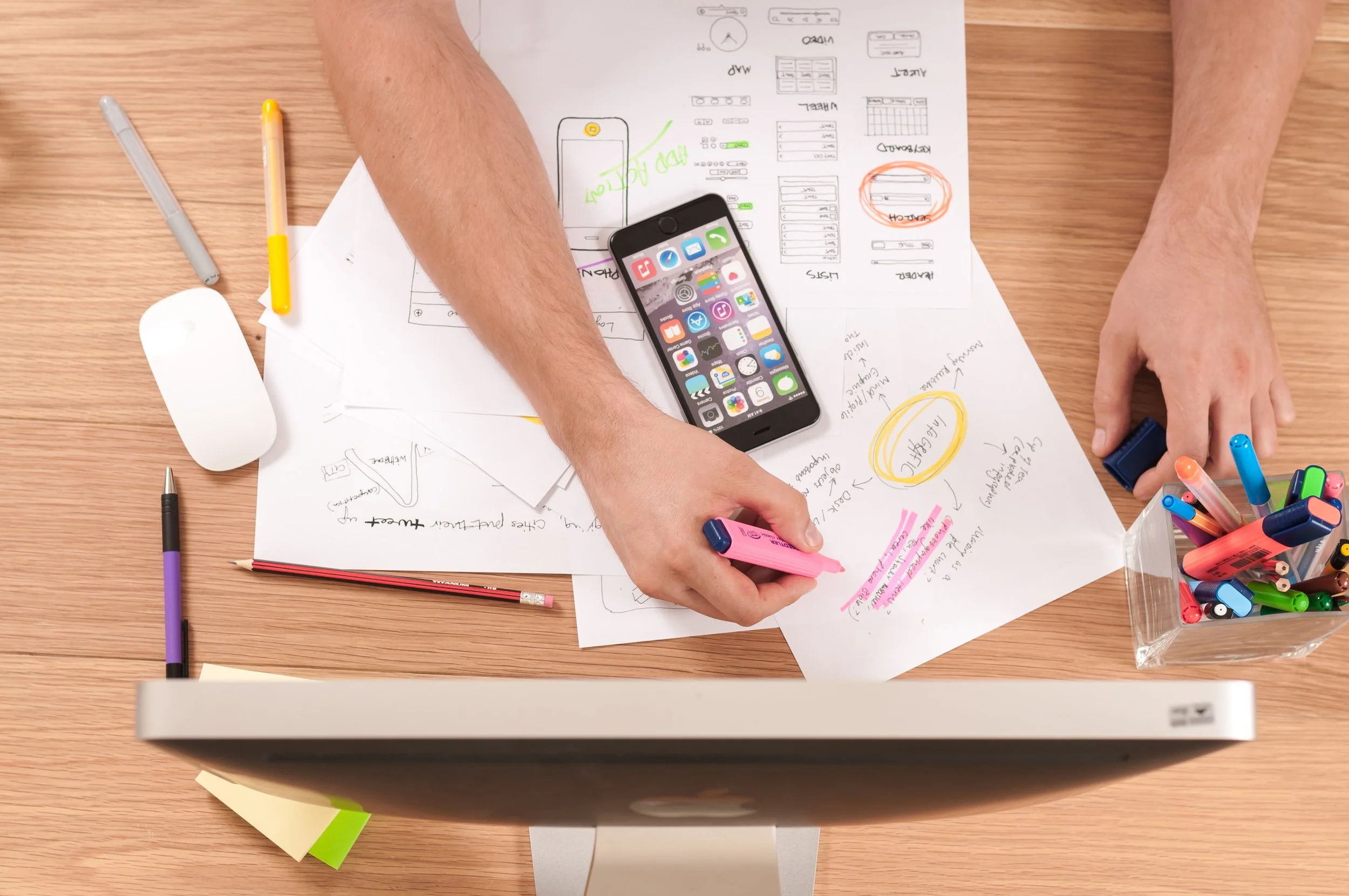What Is The 80-20 Rule And How To Use It
/What Is The Pareto Principle And How To Use It
What Is The Pareto Principle
The Pareto principle, or the law of the vital few, or the 80-20 rule was the work of an Italian economist Vilfredo Pareto. Pareto observed in Italy in 1906 that 80 percent of the land owned by 20 percent of the population. Later on, Pareto observed the same 80/20 proportion applies to many other aspects of life. This observation gave us the Pareto effect or Pareto law which has been known universally. Simply stated, the Pareto principle is – a large proportion of results come from a small proportion of works or causes (a vital few).
Why You Need To Know the 80-20 Rule
You need to know the 80-20 rule to use your time and efforts more intelligently and efficiently to become more productive. If you can track the 20 percent products or works that bring you the most (80 percent) results, you can emphasise on these 20 percent and cut down the other 80 percent unproductive, time wasting tasks you do. Knowing your productive 20 percent and unproductive 80 percent will put you on the edge and you will be better equipped to handle your entrepreneurial journey than anyone else.
Some 80-20 Suggestions
Here are some common scenarios where you can apply 80-20. These are just some example to show you. Find out your own situations where you can apply the Pareto principle and prosper.
– 80 percent of your sales come from 20 percent of your products. Find out these 20
percent and improve them to get more sales.
– 80 percent of your work is being done by 20 percent of your employees. Take good
care of these few employees and decide what to do with the rest.
– 80 percent of your errors come from 20 percent of causes. Fix these 20 percent
causes first.
– 80 percent of the things you do daily or monthly, only 20 percent are really
important. Do these important 20 percent with utmost care.
– 80 percent of your results (or income) comes from 20 percent of your works. Do
these 20 more often to get better results.
– 80 percent of the time you use (wear) 20 percent of your stuffs (clothes). Eliminate
the other 80 percent you never use and live clutter free and less stressful life.
– 80 percent of your failures are coming from 20 percent of your wrongdoings. Eliminate
these 20 percent and succeed more often.
– 80 percent of your health problems are coming from 20 percent of your unhealthy
habits. Cut these 20 percent bad habits and live a healthy life.
Well, I can go on and on with this list forever. But these should be good enough to give you an idea. Find your own situations to apply Pareto rule and prosper.
Some Interesting A Dawn Journal Facts In Light Of The Pareto Principle
Here are a few interesting A Dawn Journal facts:
– 80 percent of visitors are coming from 20 percent countries
– 80 percent of traffic is coming from 20 percent articles
– 80 percent ad revenues are coming from 20 percent keywords
Final Word
I do believe in Pareto principle, but I don’t believe the 80-20 matrix is always constant. I think it fluctuates and disperses from the exact 80-20; however, it stays very close to, or within plus or minus 80-20 range. For example, it makes sense to assume that lots of times 80-20 proportion will actually be 70-30, 65-35, or even 85-15.
















